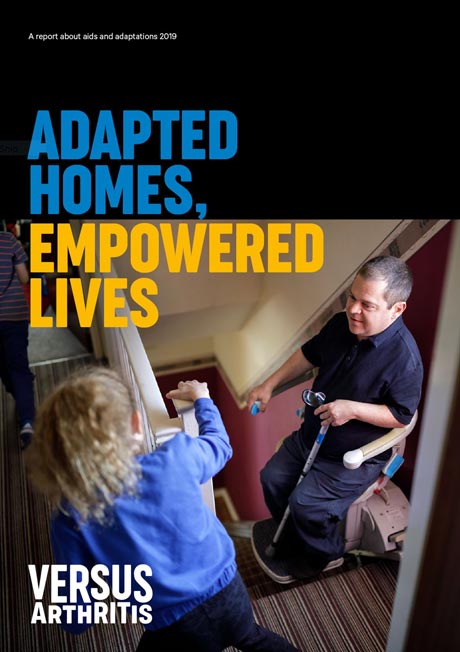 On 8 May, Versus Arthritis published a new policy report looking at the impact of home aids and adaptations for people with arthritis, and the barriers that people face when trying to access them. Read the full report here, which includes powerful stories from people with arthritis who benefit from aids and adaptations.
On 8 May, Versus Arthritis published a new policy report looking at the impact of home aids and adaptations for people with arthritis, and the barriers that people face when trying to access them. Read the full report here, which includes powerful stories from people with arthritis who benefit from aids and adaptations.
We found that aids and adaptations – from perching stools and grabbing tools, to grab rails and stair lifts – can help people with arthritis, and related conditions such as back pain, achieve a better quality of life and maintain their independence in the home.…
Read more of this article



 By Jill Hamilton, Professional Engagement Manager, National Ankylosing Spondylitis Society
By Jill Hamilton, Professional Engagement Manager, National Ankylosing Spondylitis Society

 by Sarah Duncan, Head of Clinical Policy, NHS England
by Sarah Duncan, Head of Clinical Policy, NHS England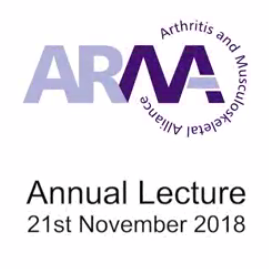 More people, more active, more often: three perspectives on physical activity and musculoskeletal health
More people, more active, more often: three perspectives on physical activity and musculoskeletal health
 by Dr Hamish Reid, Consultant in Sport and Exercise Medicine, Moving Medicine design and development lead
by Dr Hamish Reid, Consultant in Sport and Exercise Medicine, Moving Medicine design and development lead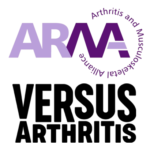
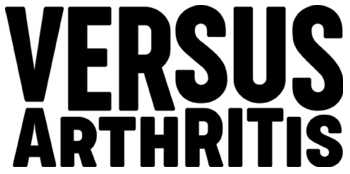
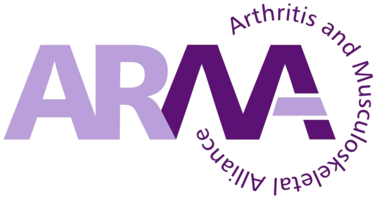
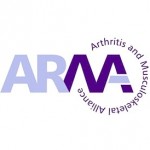
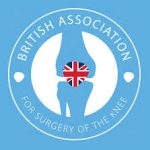
 Help us guide future research about problematic knee replacements
Help us guide future research about problematic knee replacements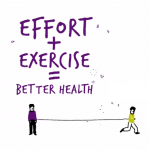
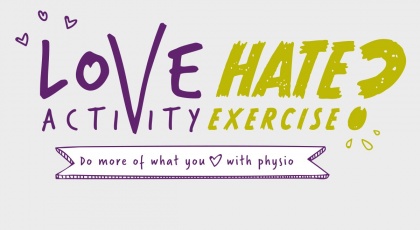 ‘Love Activity, Hate Exercise?’ addresses the emotional as well as physical barriers millions of people with long-term conditions face in being more physically active.
‘Love Activity, Hate Exercise?’ addresses the emotional as well as physical barriers millions of people with long-term conditions face in being more physically active.